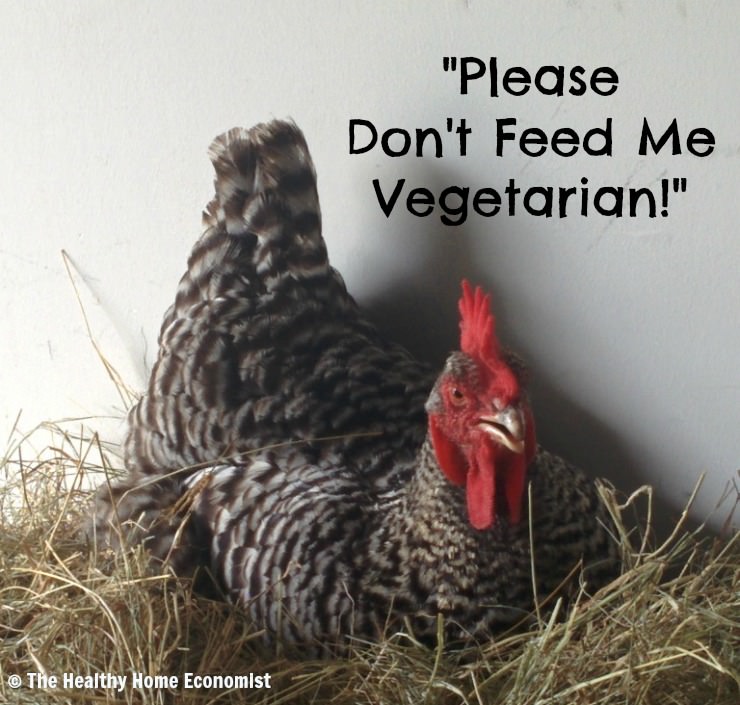
For Many years we all have limited eggs in our diet to help reduce the risk of heart disease, but our attitudes toward eggs have shifted.
Today, we know that eggs are highly nutritious even though they are high in cholesterol, and many nutrition experts have begun to question the idea that dietary cholesterol has a clear impact on blood cholesterol. Current research actually shows that even daily egg consumption is not associated with heart disease for most people , especially our newly discovered keto diet for weight loss
An average sized egg contains about 6–7 grams of protein as well as choline, biotin, vitamin B12, and even a small amount of vitamin D in its yolk. Eggs offer a lot of nutrition for a fairly low price : Ranging @ N1500 or N1900 per create of 30
Eggs can usually be consumed for 4–5weeks after purchase (from a farm) as long as they’re kept away from heat, a humid kitchen. From experience they do pretty well in a cool , dry place/ temperature preferably in a refrigerator
Want to see how fresh your eggs are? try the water test – fresh eggs typically sink when placed in water, while older eggs tend to float. Fresher eggs also have a round yolk that holds its shape once you crack it. Older yolks tend to flatten out and their whites are thinner.
If you consume eggs, here are a few labels and what they mean.
In my opinion the welfare of hens laying the eggs we consume should also be taken into consideration, not only what they consume

Cage-free: Cage-free means that hens aren’t crowded in cages like more conventionally raised hens, but they are given access to roam around an enclosed space.

Certified organic: Eggs labeled certified organic are from hens fed an organic diet (non-GMO, pesticide-free, etc.) and given outdoor access.

Vegetarian-fed: This means that the hens were given a diet of vegetarian feed. Although this isn’t our thing in this part of the world, this was my reason for choosing this above image, lollllllllll as i can literally see our hen saying this………………. “being vegetarian isn’t our thing to start with, naturally chickens are omnivores and will eat bugs if given the opportunity to forage, vegetarian-fed hens aren’t given things like cray fish or fish meal, which is common in conventional poultry feed.
This label only refers to diet and doesn’t provide information on living conditions.

Free-range: This refers to eggs from hens ( our local hen) given access to the outdoors. They are the type you see everywhere in our local neighborhood you wounder who owns them , but interestingly they seem to know their way home or where their owner lives, surprisingly they seem trained.
They’re able to forage, but their feed is typically supplemented.

Omega-3-enriched: Like vegetarian-fed, this labels provides information about diet, but not the living conditions. Feed is typically enriched with omega-3s, which help raise the omega-3 content in eggs.
This kind of Hens and eggs are typical to the UK.
Written by
Moyo CCAP
How do you choose which eggs to buy? Share your tips on traditional ways of egg choice
For more information on eggs and nutritients in body visit https://www.bmj.com/content/346/bmj.e8539
